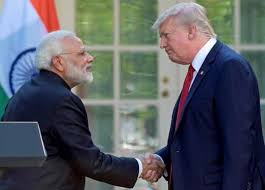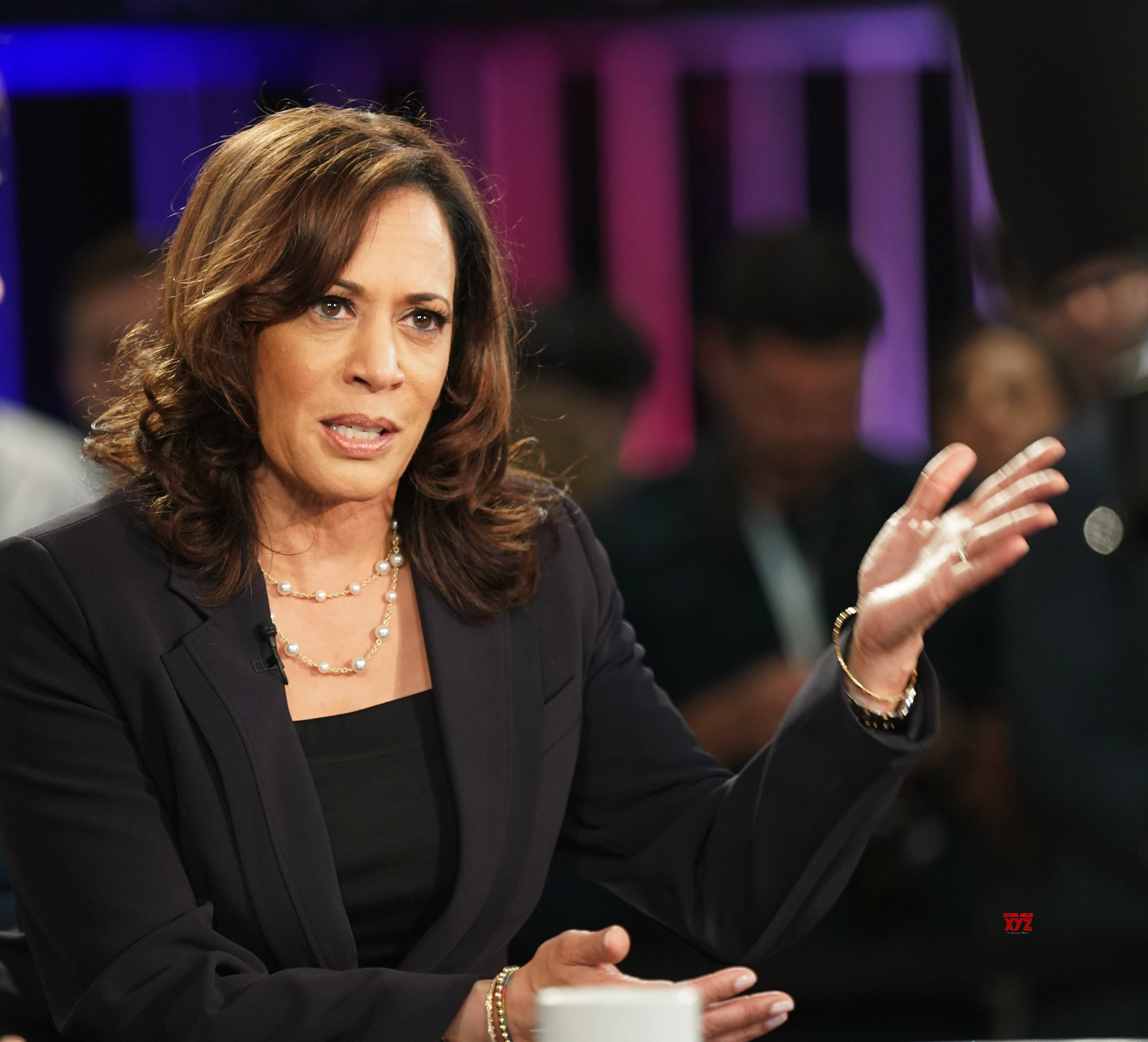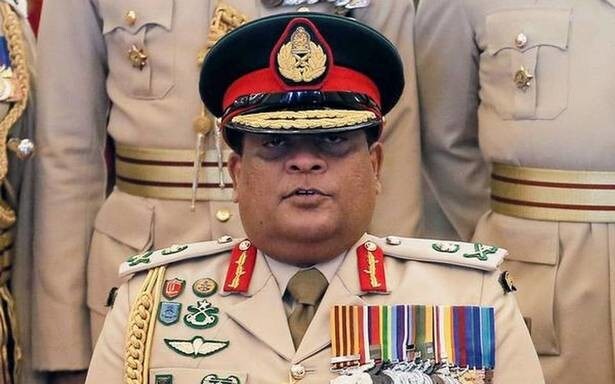 WASHINGTON: India is an “incredibly valuable and close counter-terrorism partner” of the US and the future is bright for bilateral cooperation in combating the menace, the Trump administration’s top anti-terror official said today.
WASHINGTON: India is an “incredibly valuable and close counter-terrorism partner” of the US and the future is bright for bilateral cooperation in combating the menace, the Trump administration’s top anti-terror official said today.
US Counterterrorism Coordinator Nathan Sales credited the meetings between Prime Minister Narendra Modi and President Donald Trump early in the latter’s tenure as the reason behind a “powerful” partnership between the two nations.
“India is an incredibly important, incredibly valuable and incredibly close counterterrorism partner of the US,” Sales told reporters during a teleconference at the conclusion of the conference on Law Enforcement Efforts to Defeat ISIS.
“The president (Trump) and the prime minister (Narendra Modi) held a very, very productive series of meetings earlier in the administration, and in response to that set of meetings, the US government and the Indian government have forged ahead to create a really powerful partnership,” he said.
During Modi’s visit to the US in June last year, India and the US had vowed to strengthen cooperation against terror outfits like Jaish-e-Mohammad, Lashkar-e-Taiba and D-Company, while urging Pakistan to ensure that its soil is not used for terror strikes against other nations.
Sales said the Trump administration has announced a number of designations related to terrorist threats that India faces.
During Modi’s visit, the US had declared Syed Salahuddin, the chief of Kashmiri militant outfit Hizbul Mujahideen, as a “global terrorist”.
In 2016, the US entered into an arrangement with India to share information about known and suspected terrorists.
“I think the future is very bright for US-India counterterrorism corporation,” Sales said.
Sales said South Asia is one of the areas of the world where ISIS has an increasingly robust presence.
“Bangladesh is a good example of this. The Holey Artisan Bakery attack in July of 2016 in Dhaka killed 22 people,” he said.
The US is also tracking in South Asia the ISIS Khorasan affiliates of ISIS becoming increasingly ambitious and increasingly active, he said.
“We are working with our partners in the region to develop a shared understanding of the threat that these organizations pose to us in the US and pose to local governments. We are also working with those partners to develop a set of responses,” said Sales.
Those responses include things like information-sharing, exchanging data about known and suspected terrorists, improving border security efforts to spot terrorists as they travel from conflict zone to conflict zone.
“I am confident that by bringing together partner nations who have a common understanding of the threat we face that we’ll be able to address this,” he said.-PTI






